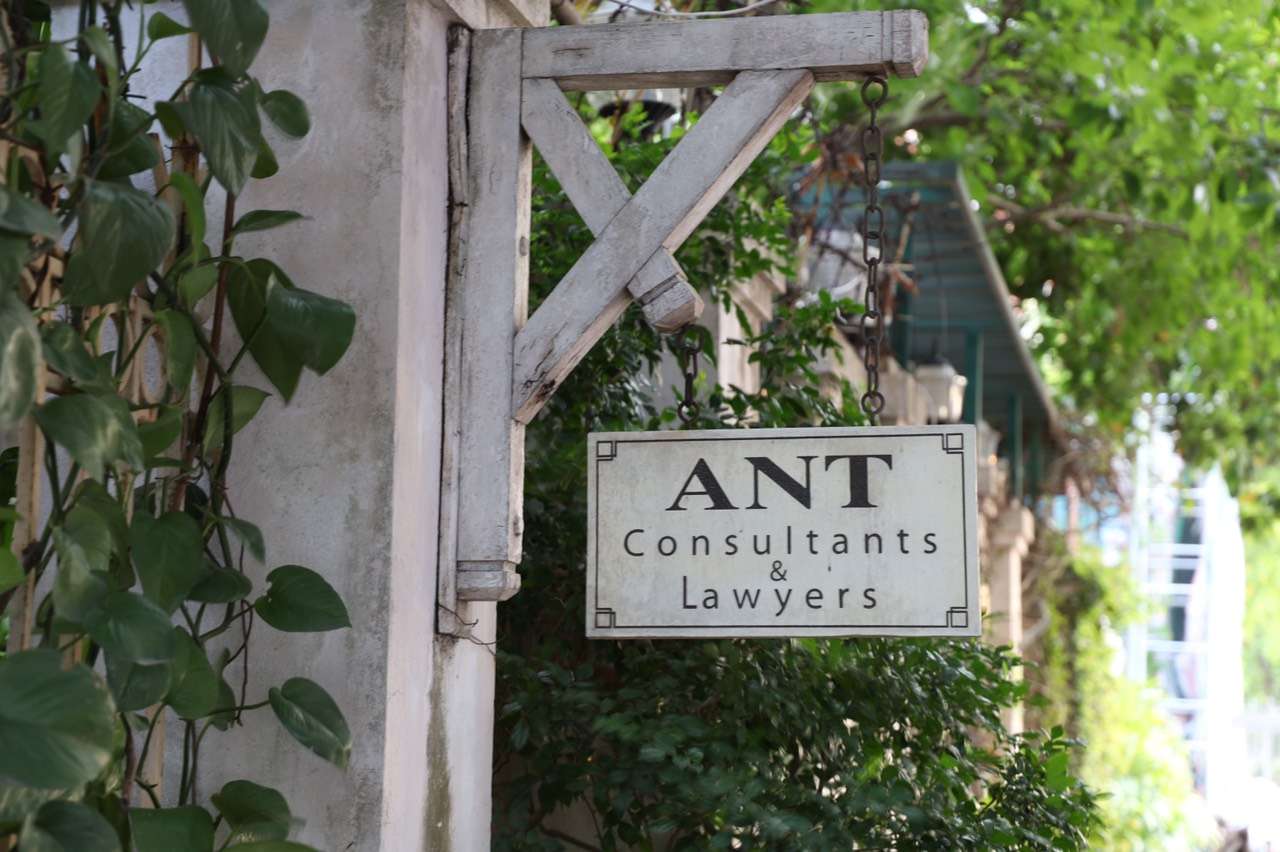How Divorce Procedures Involving Foreign Elements in Vietnam Are Regulated?
The procedure for divorce in Vietnam involving foreign elements is one of the complicated procedures. Therefore, when implementing this procedures, the parties need to pay attention to the related legal provisions to avoid problems when conducting the divorce procedure in Vietnam or involve family lawyers for assistance in preparing documents and filing petition, especially if there are potential dispute in custody or common assets, properties division.

Divorce involving foreign elements means termination of the husband and wife relation under a court’s legally effective judgment or decision, in which at least one partner is a foreigner or an overseas Vietnamese or in which partners are Vietnamese citizens but the bases for terminating that relation are governed by a foreign law, or that relation arises abroad or the property related to that relation is located abroad, according to the interpretation on “divorce” and “Marriage and family relation involving foreign elements” of Law on Marriage and family 2014.
The parties when implementing this procedure need to ensure that s/he has the right to request a divorce as prescribed in Article 51 of the Law on Marriage and family 2014. Specifically, the subject of the divorce procedure must be the wife or the husband, or the legal guardian of s/he in the case s/he lost the civil act capacity. The husband has no right to request a divorce when his wife is pregnant, gives birth or is nursing an under-12-month child.
The divorce between a Vietnamese citizen and a foreigner or between two foreigners permanently residing in Vietnam shall be settled at a competent Vietnamese agency. In case a partner being a Vietnamese citizen does not permanently reside in Vietnam at the time of request for divorce, the divorce shall be settled in accordance with the law of the country where the husband and wife permanently co-reside; if they do not have a place of permanent co-residence, the Vietnamese law shall apply.
The Court in Vietnam has the jurisdiction to settle the divorce request. More specifically, the People’s Court of province have the jurisdiction to settle the case in which involve parties or properties in foreign countries or which must be judicially entrusted to representative agencies of the Socialist Republic of Vietnam overseas or to foreign courts.
The Court will settle the case according to the procedure on code of civil in Vietnam. The time to settle the case will be based on the details of the case. The time limit for trial preparation is from 04 to 06 months from the date the Court accepts the case. The time to set up the court is from 01 to 02 months from the date on which the decision to bring the case to trial is issued. The marriage relationship will terminate from the date the Court has the valid divorce decision.
Besides, the dossier on divorce involving foreign elements including the documents related to marriage relationship, the identification and the documents related to the property, children according to the regulations on Law on Marriage and family 2014 and Code of Civil procedure 2015. In detail, the dossier includes the petition for divorce, the copy of Identification or other personal documents (Passport, Identification card); the copy of Household book, the original of Marriage certificate, in case the parties lost the original of Marriage certificate, the parties could provide the copy of Marriage certificate with the confirmation of competent authority and need to show this information in the petition for divorce, the copy of the birth certificate of the child/children (if having the common child/children); the copies of the documents on the ownership of the property (if increasing the dispute).
In addition, when submitting the dossier on requiring to settle the divorce case: (i) if the parties got married in Vietnam, then the spouse exits abroad (and s/he could not find the address of the spouse), s/he needs to have the confirmation of the competent authority that the spouse existed; (ii) if the parties got married under foreign law wish to divorce in Vietnam, they need to implement the procedure on legalization the Marriage certificate, other related documents, and note in the register book of Department of Justice, then submit the divorce petition. In the case the parties did not implement the procedure on note in the register book but they still wish to divorce in Vietnam, they need to show the reason why they did not make the marriage note.
The person whom submit the divorce petition will submit the dossier to the People’s Court of Province where one of the parties are residing in Vietnam. The Court will check the dossier, if valid, the Court will issue the notification on paying the court fee. After the court fee is paid, the Court will accept the divorce case and issue the notification on acceptance the case to Procuracy, and defendant (the involved parties). Many Courts in Vietnam require the parties to implement the reconciliation step.
It is suggested to involve divorce dispute lawyers in Vietnam if the case of divorce would turns out to be complicated when there are disputes on custody and assets or property division.
ANT Lawyers, a law firm in Vietnam always follow up the procedure for divorce involving foreign elements case and their development to update clients on regular basis.
Source ANT Lawyers: https://antlawyers.vn/library/divorce-procedures-involving-foreign-elements-in-vietnam.html





.jpg)

.jpg)







